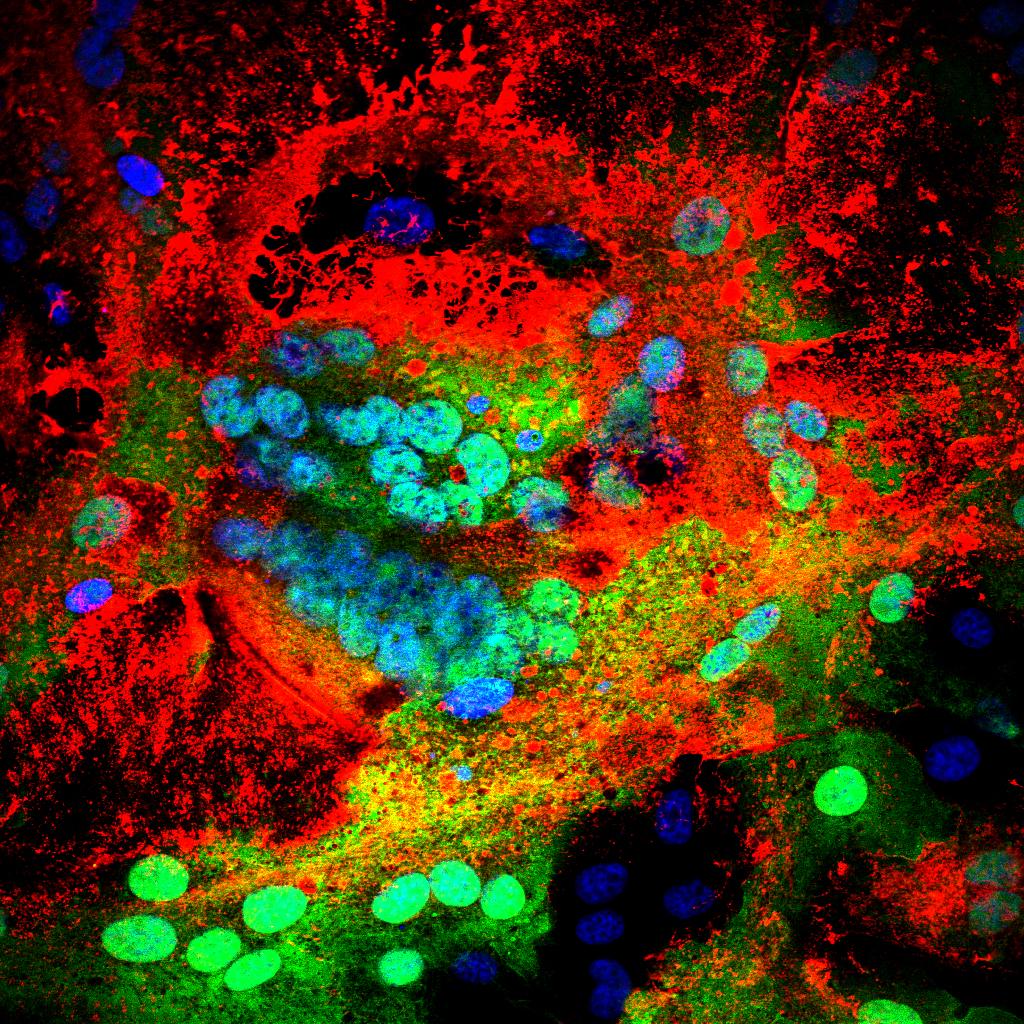Molecular characterisation of lineage IV peste des petits ruminants virus using multi gene sequence data
Peste des petits ruminants is responsible for an economically important plague of small ruminants that is endemic across much of the developing world. Here we describe the detection and characterisation of a PPR virus from a recent outbreak in Tamil Nadu, India. We demonstrate the isolation of PPR virus from rectal swab and highlight the potential spread of disease to in-contact animals through faecal materials and use of faecal material as non-invasive method of sampling for susceptible wild ruminants. Finally we have performed a comprehensive 'multi-gene' assessment of lineage IV isolates of PPRV utilising sequence data from our study and publically available partial N, partial F and partial H gene data. We describe the effects of grouping PPRV isolates utilising different gene loci and conclude that the variable part of N gene at C terminus gives the best phylogenetic assessment of PPRV isolates with isolates generally clustering according to geographical isolation. This assessment highlights the importance of careful gene targeting with RT-PCR to enable thorough phylogenetic analysis.
Back to publications
Publication
Contributors
Senthil Kumar K, Babu A, Sundarapandian G, Roy P, Thangavelu A, Siva Kumar K, Arumugam R, Chandran N D, Muniraju M, Mahapatra M, Banyard A C, Manohar B M, Parida S
Year
2014
Journal
Veterinary Microbiology
Volume
174
Issue
1-2
Pages
39-49
Altmetric details
